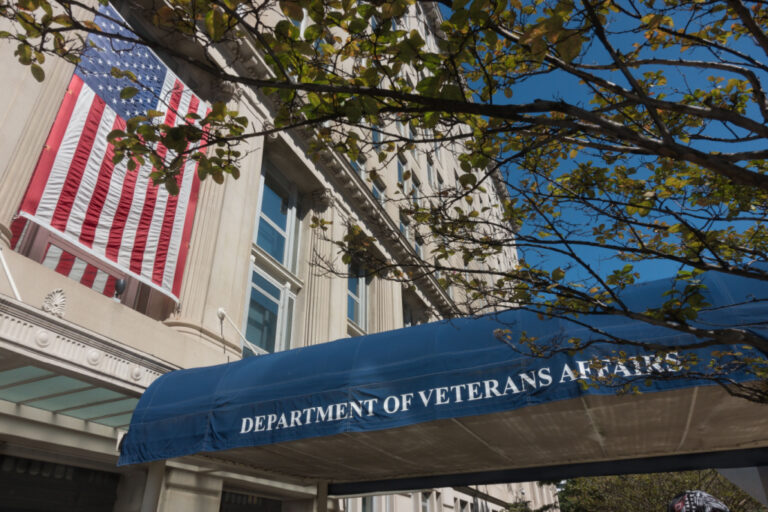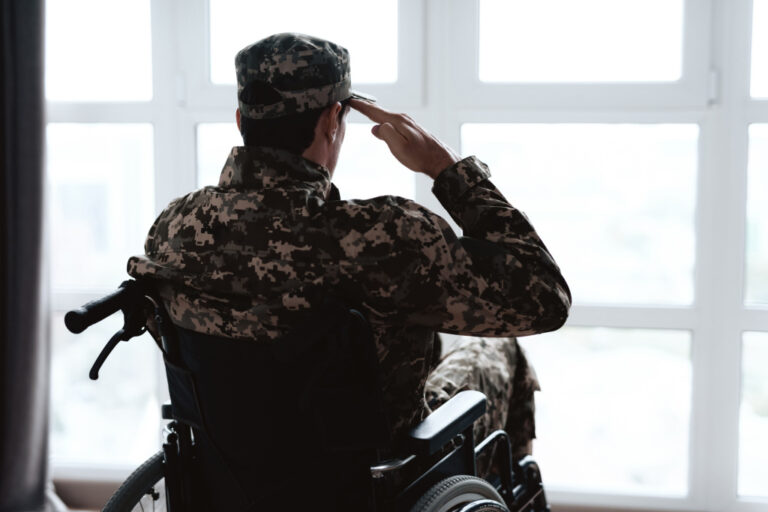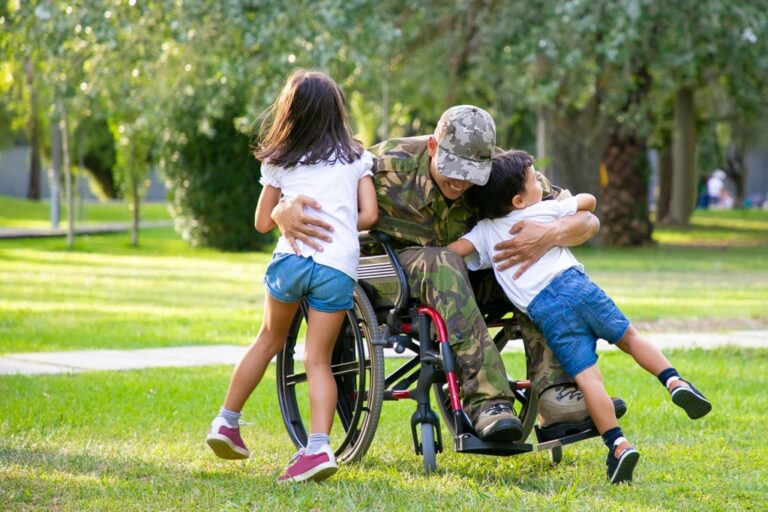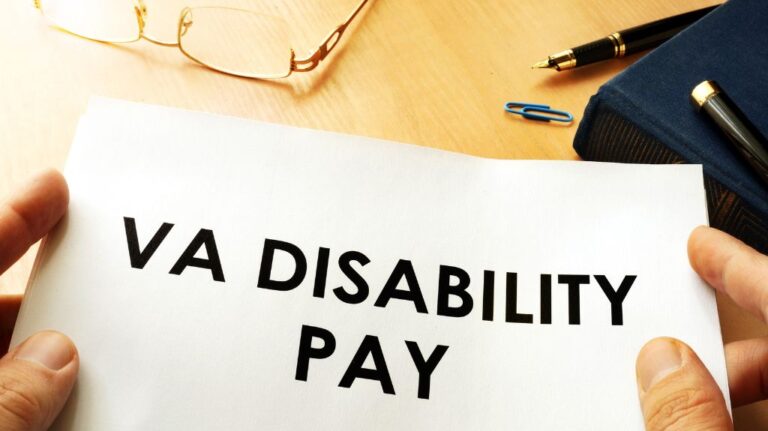Filing VA Disability Claims for Sleep Disorders
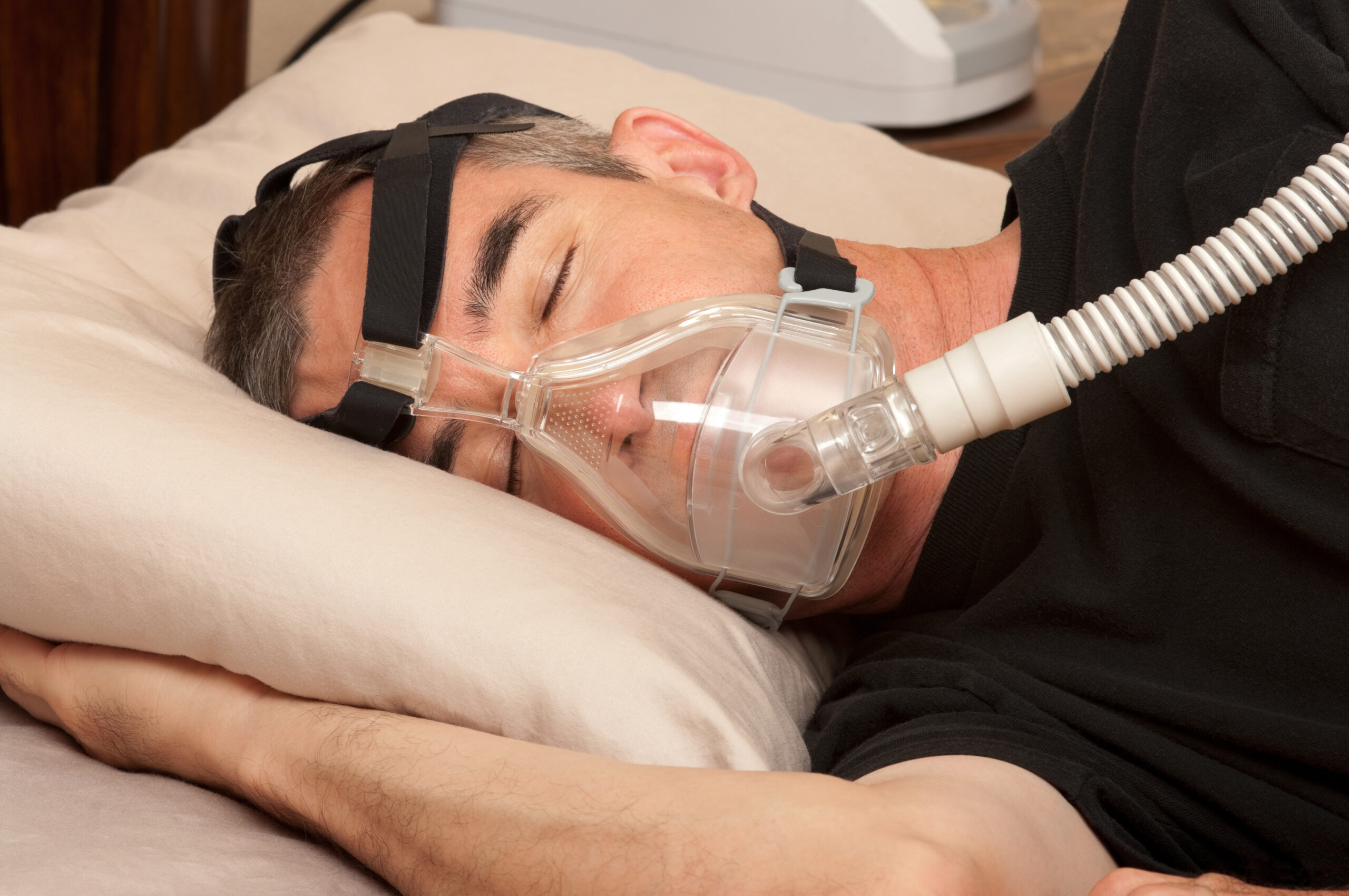
Sleep disorders are common among veterans, often linked to service-related experiences that impact both physical and mental well-being. Conditions like sleep apnea and insomnia can disrupt daily life, making it difficult to maintain work, relationships, and overall health. If you’re a veteran experiencing sleep issues, you may be eligible for VA disability benefits to help manage these conditions. Here’s what you need to know about filing a claim for sleep disorders, including how the VA evaluates these conditions and the evidence needed to support your claim.
Common Sleep Disorders Among Veterans
Sleep disorders among veterans often fall into two main categories: obstructive sleep apnea and insomnia. While these can arise from various factors, veterans commonly experience these conditions due to service-related events, injuries, or psychological impacts. Let’s take a closer look at each:
- Sleep Apnea: A condition where breathing stops and starts repeatedly during sleep. It can lead to chronic fatigue, headaches, and other health issues. There are three types of sleep apnea: obstructive, central, and complex (a combination of both obstructive and central).
- Insomnia: Difficulty falling or staying asleep, often accompanied by restlessness or poor sleep quality. Insomnia may be connected to anxiety, PTSD, chronic pain, or other mental health issues.
How the VA Evaluates Sleep Disorders
The VA assigns disability ratings to sleep disorders based on the severity and impact on a veteran’s daily life. Each type of sleep disorder has specific criteria:
- Sleep Apnea: To qualify for VA benefits, a veteran must generally provide a diagnosis of sleep apnea and demonstrate that it’s connected to their military service. The VA commonly requires proof of the need for a CPAP machine or other breathing assistance device. The ratings for sleep apnea typically range from 0% (mild cases) to 50% or higher for severe cases requiring treatment with a CPAP or similar device.
- Insomnia: Insomnia is often rated under the same criteria as other mental health conditions, considering factors like the frequency and severity of symptoms and how much they interfere with daily functioning. Veterans with insomnia linked to service-related trauma, such as PTSD, may be eligible for higher ratings.
Essential Evidence for a Successful VA Sleep Disorder Claim
When filing a VA claim for sleep disorders, evidence is critical. Here’s what you’ll need:
- Medical Diagnosis: A formal diagnosis is essential for any sleep disorder claim. Sleep studies, often required for sleep apnea, can provide objective data on the severity of breathing disruptions during sleep.
- Service Connection: You’ll need to establish that your sleep disorder is linked to your time in service. This can be direct (evidence that it began during service) or secondary (evidence that it developed due to another service-related condition, like PTSD).
- Medical Records: Records showing consistent symptoms and treatments over time strengthen your claim. Sleep studies, CPAP prescriptions, mental health evaluations, and any records showing insomnia symptoms or related mental health issues can be valuable.
- Nexus Letter: A nexus letter from a qualified medical professional can confirm that your sleep disorder is more likely than not linked to your service. This letter connects the dots between your service history and your current condition, making it a powerful addition to your claim.
Tips for Strengthening Your VA Disability Claim for Sleep Disorders
- Document Symptoms and Treatment: Keep detailed records of all symptoms and treatments, even if they seem minor. This includes doctor’s appointments, prescribed medications, and use of devices like CPAP machines.
- Gather Supporting Statements: Statements from family, friends, or colleagues who have observed your sleep issues or changes in your behavior can also support your claim.
- Seek Professional Support: Working with an attorney experienced in VA disability claims can provide guidance on gathering evidence, filing paperwork, and navigating the VA process to maximize your chances of approval.
Contact VA Benefits Attorneys Powered by Tabak Law for Assistance
Filing a VA disability claim for sleep disorders can be complex, but you don’t have to navigate it alone. If you’re struggling with sleep apnea, insomnia, or another sleep disorder related to your service, VA Benefits Attorneys Powered by Tabak Law is here to help. Our experienced team understands the VA’s requirements and can help you gather the necessary evidence, complete your application, and fight for the benefits you deserve.
Contact VA Benefits Attorneys Powered by Tabak Law today to learn how we can support you in your journey to a healthier, more stable life.

